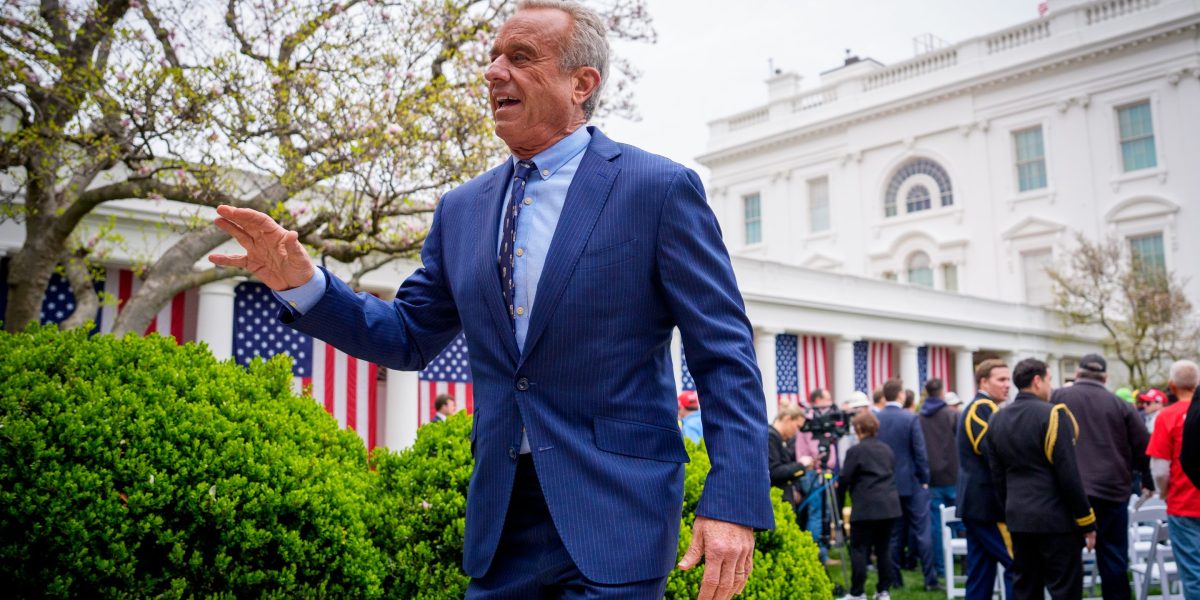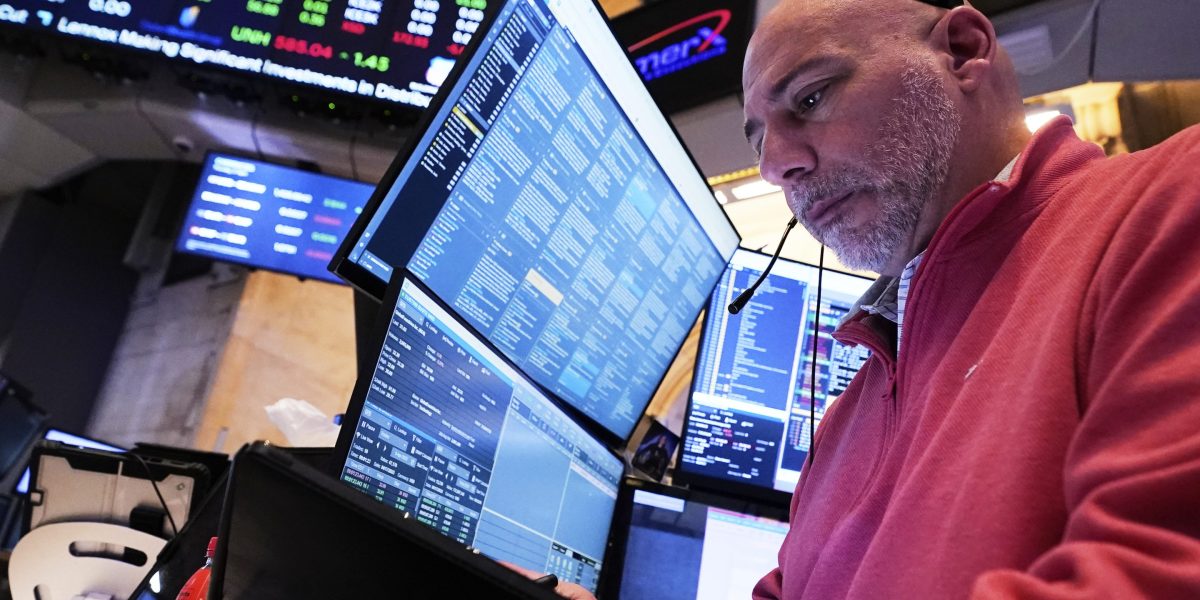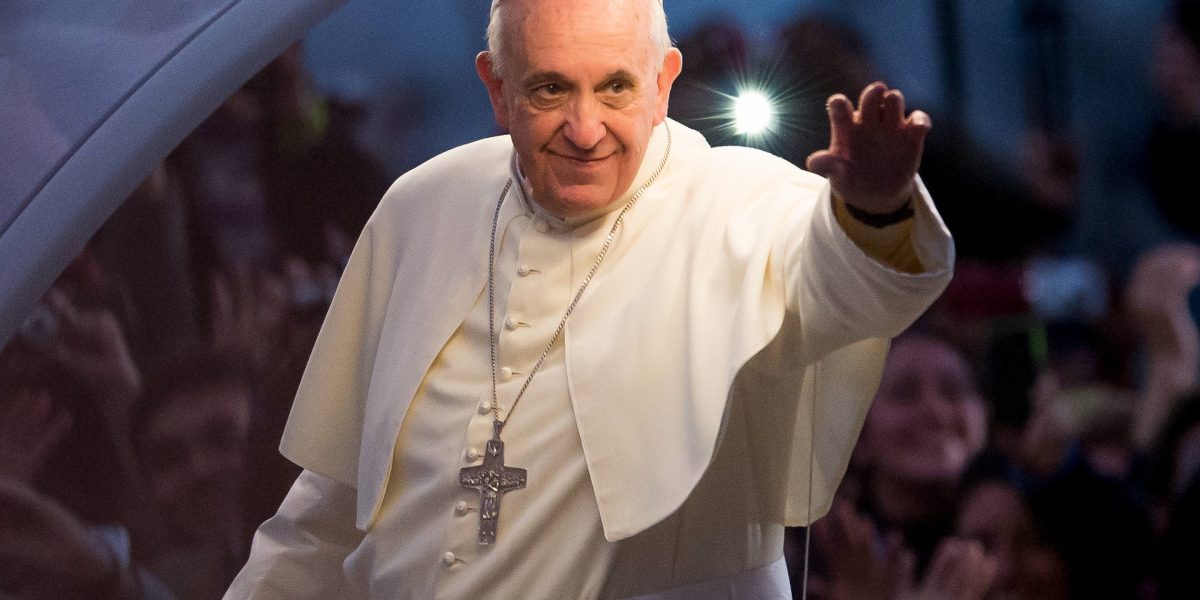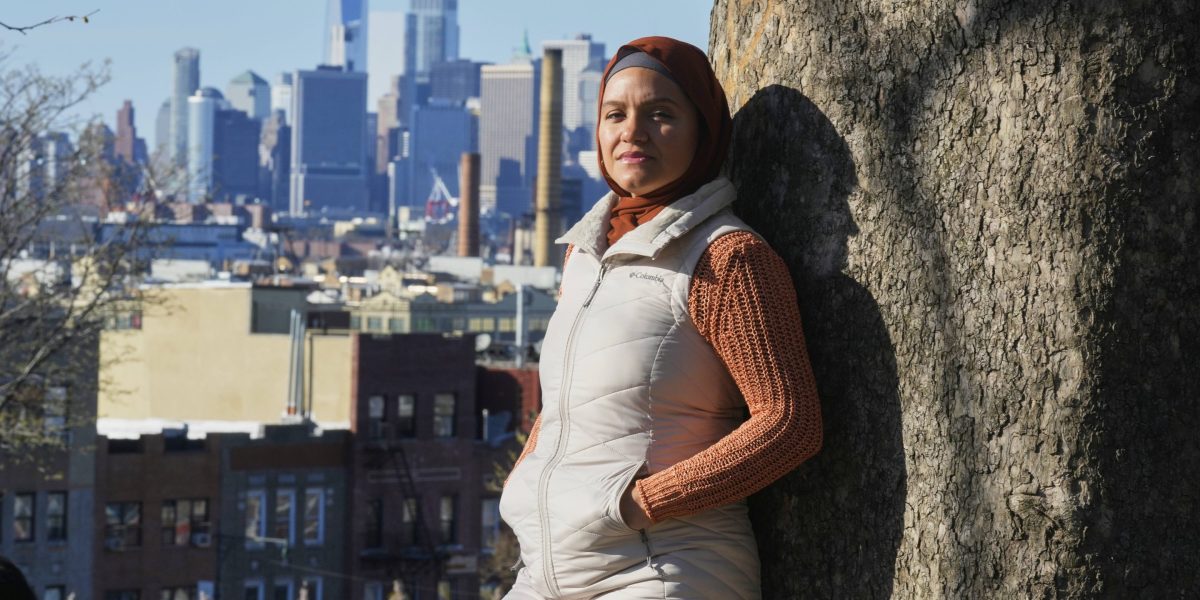Pope Francis, who encouraged Catholics to embrace a more compassionate view on many issues but found it difficult to close the book on past abuses by clergy, has died. He was 88.
Francis passed away at 7:35 a.m. Monday in Rome, the Vatican said in a statement. He had been hospitalized in Rome in mid-February with bronchitis, which progressed to pneumonia in both lungs — the last in a litany of respiratory and other medical challenges he had faced. On Sunday, he had met with US Vice President JD Vance.
The spiritual leader of the world’s 1.4 billion Catholics since March 2013, Francis hailed from Argentina, making him the first pope from the Americas, as well as the first Jesuit to hold the position. He became pontiff after the abdication of Benedict XVI and almost immediately reinvigorated Catholicism with his easy demeanor, which was in contrast to his predecessor.
Where Benedict was seen as a guardian of orthodox doctrine, more comfortable with books than crowds, Francis arrived as an often-beaming, humble pope with an expansive message. He captivated many liberal non-Catholics with his focus on poverty and human suffering and called climate change a moral issue that must be addressed. Rejecting the perks and privileges of his position, he shunned the palatial papal apartments in favor of the Vatican guest house.
An early sign of how Francis would approach the papacy came in 2013 when he washed the feet of a dozen prisoners, including young women, at a youth detention center in Rome. That broke the longstanding papal tradition of washing only priests’ feet.
And during his first news conference as pope, when asked about gay men serving as priests — something his predecessor had strictly opposed — Francis answered, “If someone is gay and he searches for the Lord and has good will, who am I to judge?”
But faced with a polarized clergy and hidebound Vatican bureaucracy, Francis struggled to live up to initial expectations that he would deal fully with the legacy of widespread child abuse by clergy members.
He abolished the highest level of secrecy long used to protect pedophiles within the church but largely failed to satisfy victims’ demands for accountability. And amid a new wave of allegations of sexual abuse by priests in 2018, Francis faced accusations that he had ignored 2013 warnings about alleged abuse by US Cardinal Theodore McCarrick.
He did wage a difficult battle to bring more transparency to Vatican finances, and he pushed the Curia, the Vatican’s administration, to listen more attentively to the ideas of far-flung bishops. One other Francis legacy is a reconfigured College of Cardinals, the body that selects the next pope. His changes make it more likely that a candidate from Asia or Africa could be selected.
The secretive process of choosing a new pope was explored in the 2024 film Conclave, in which a cardinal played by Ralph Fiennes oversees an election in the Vatican amid a clash of liberal and conservative candidates.
Accountant’s Son
Pope Francis was born Jorge Mario Bergoglio on Dec. 17, 1936, in a working-class Buenos Aires neighborhood, one of five children of immigrants from Italy. His father, Mario, worked as an accountant, and his mother, the former Regina Sivori, was a homemaker.
In his official biography, he said he was influenced by his maternal grandmother, who had defended the church against the rise of fascism and regaled him and his siblings with stories about the lives of saints. She warned him about the excesses of capitalism, teaching him that “burial shrouds don’t have pockets.”
Bergoglio started working in a stocking factory where his father dealt with accounts, and trained as a chemical technician.
When he was 21, half his right lung had to be removed because of infection. Upon recovery, he entered a seminary and joined the Jesuit order that works within the Catholic Church on behalf of the poor and for social justice.
“I don’t know what happened,” he told an Argentine radio station in 2012. “But I knew I had to become a priest.”
In 1963, he obtained a philosophy degree from the Saint Joseph seminary in San Miguel, Argentina, where he went on to study theology for a second degree.
After his ordination in 1969, and a brief assignment in Spain, Bergoglio returned to Buenos Aires as head of all Jesuits in Argentina and neighboring Uruguay. His tenure coincided with one of the most tumultuous chapters of Argentine history – the “Dirty Wars” of the 1970s, when the military dictatorship waged a brutal campaign against left-wing political opponents.
The Jesuits were divided as well, and Bergoglio angered activists on both the left and right with what he later called his “authoritarian and quick manner of making decisions.” In 1990, the Jesuit leadership in Rome effectively banished him to Cordoba, a city about 400 miles (650 kilometers) from the capital, where he lived simply and interacted regularly with people from all walks of life.
It was “a time of great interior crisis,” he said, and he emerged from his exile with a humbler approach toward leadership.
Bergoglio was named a bishop in 1992 and leader of Argentina’s largest archdiocese later that decade. In 2001, Pope John Paul II made him a cardinal. Aware that Argentinians were raising funds to travel to Rome to celebrate his appointment, Bergoglio urged them instead to donate that money to the poor.
He made a similar request in March 2013 when, at 76, he was elected as the 266th pope after Benedict became the first pontiff to resign in almost six centuries.
Since Jesuits are discouraged from becoming bishops — let alone popes — Francis didn’t believe he’d be elected and brought only a small suitcase with him to Rome for the conclave. His selection, in the fifth round of balloting, was viewed as a desire to have an outsider reform the papal bureaucracy.
Historically, popes have used their choice of a name to signal their defining values. His was a nod to St. Francis of Assisi, the 13th century friar who abandoned family wealth to embrace poverty.
“How I would love a church that is poor, and for the poor,” he said after his election.
On a 2015 trip to the US, he challenged lawmakers to conquer poverty through a fairer distribution of wealth and, at the United Nations General Assembly, denounced a global economy “guided only by ambition for wealth and power.”
After he opened an Instagram account in 2016, Francis gained 1 million followers in under 12 hours.
In a surprise 2020 visit to a Vatican conference, he admonished the International Monetary Fund chief and several finance ministers to help alleviate the debt burden of struggling countries, calling for a “new financial architecture” to ensure social justice.
In 2021, the pope became the first leader of the Roman Catholic Church to visit Iraq. Carrying a message of interfaith dialogue, he visited churches that had been wrecked by Islamic State extremists and fulfilled a dream of Pope John Paul II by praying in Ur — the city that, according to tradition, was the birthplace of Abraham, the patriarch of Judaism, Christianity and Islam.
Off the Cuff
Francis’s practice of speaking off the cuff, which won him legions of fans who filled St. Peter’s Square during audiences, got him into hot water twice in 2024. On one occasion, he urged Ukraine to show “the courage of the white flag” and enter negotiations with its invader, Russia. He was quick to clarify his remarks, noting that he condemned all wars.
Months later, Francis apologized after reportedly using an offensive term to refer to gay men wishing to become priests. The incident highlighted the continued fraught relationship between the church and the LGBTQ community, even under his papacy.
On Easter 2024, the pope rallied from months of respiratory problems to preside over Mass in St. Peter’s Square, offering a prayer for peace. He took special note of the plight of civilians in Gaza, while also mentioning Syria, the Rohingya ethnic minority in Myanmar, migrants and victims of human trafficking.
“Let us not yield to the logic of weapons and rearming,” he said. “Peace is never made with arms, but with outstretched hands and open hearts.”
This story was originally featured on Fortune.com
Source link


 Entertainment8 years ago
Entertainment8 years ago
 Politics8 years ago
Politics8 years ago
 Entertainment8 years ago
Entertainment8 years ago
 Entertainment8 years ago
Entertainment8 years ago
 Tech8 years ago
Tech8 years ago
 Tech8 years ago
Tech8 years ago
 Tech8 years ago
Tech8 years ago
 Politics8 years ago
Politics8 years ago






